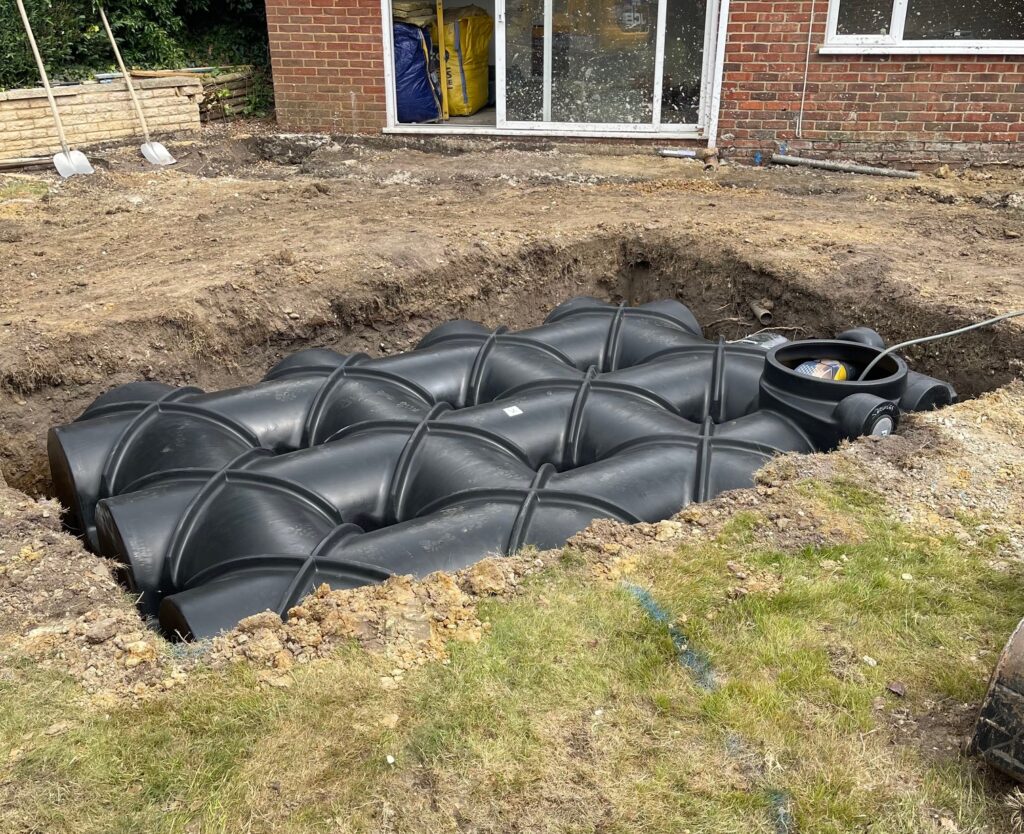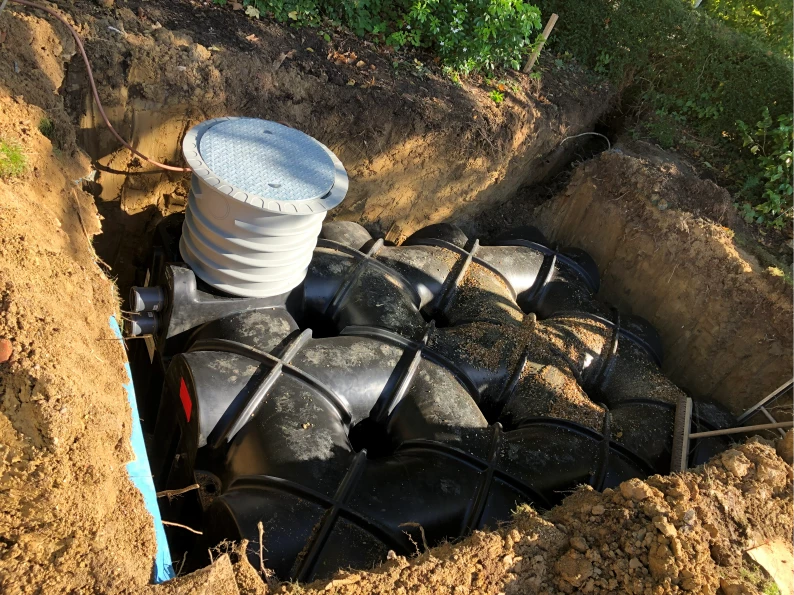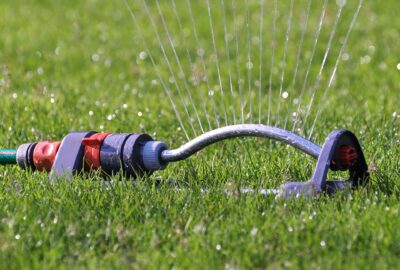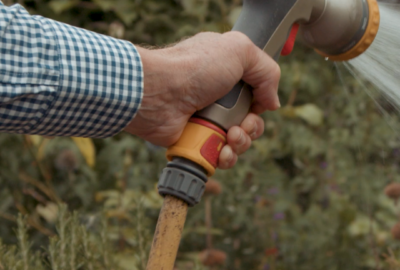Environment, Information
Rainwater Harvesting: Why It’s No Longer a Want but a Need for UK Homes
As the UK faces growing concerns over water scarcity, flooding, and stricter sustainability standards, rainwater harvesting is rapidly becoming a necessity rather than just an eco-friendly option. This essential water-saving technology offers a practical solution for UK homeowners, helping to conserve water, reduce flooding risks, and meet planning regulations. In this blog, we’ll explore why rainwater harvesting systems are now a critical addition to UK homes, how they can benefit property owners, and how they help reduce surface water flooding.
What is Rainwater Harvesting and Why is It Essential?
Rainwater harvesting involves collecting and storing rainwater from rooftops and using it for non-potable purposes such as garden irrigation, toilet flushing, and laundry. With increasing water shortages across parts of the UK, particularly in the south, harvesting rainwater is an effective way to reduce reliance on mains water.
Given the growing pressures on water resources due to climate change and urban development, rainwater harvesting in UK homes has shifted from being a “nice-to-have” feature to a sustainable water management necessity.
Here’s why….
1. Water Scarcity is a Growing Problem in the UK
Although the UK is known for its rainy weather, many regions are experiencing water stress, particularly in the south and southeast. Climate change and population growth are putting enormous pressure on the water supply, leading to warnings of water shortages in the coming decades. In fact, it’s predicted that by 2050, the UK could face severe water shortages.
Rainwater harvesting can play a crucial role in alleviating this problem by reducing the demand on mains water supplies. Instead of using treated potable water for everyday tasks like watering the garden or flushing toilets, homeowners can use stored rainwater. This reduces the overall water consumption and lowers household water bills, making it a win-win for both the environment and the homeowner.
2. Meeting UK Planning Regulations and Sustainability Standards
Sustainability is at the heart of modern urban planning and construction, and rainwater harvesting is an effective way to meet UK planning requirements. New builds and developments are increasingly expected to incorporate sustainable water management systems that reduce the environmental impact of homes.
Developers who incorporate rainwater harvesting into their designs not only improve the sustainability credentials of their projects but also increase the appeal of their properties to eco-conscious buyers. Furthermore, local planning authorities are more likely to approve projects that incorporate water-saving technologies, making rainwater harvesting a valuable asset in the development process.
3. Reducing Surface Water Flooding
In the UK, surface water flooding is a growing issue, especially in urban areas where impermeable surfaces like roads and pavements prevent rainwater from naturally soaking into the ground. During periods of heavy rainfall, drainage systems can become overwhelmed, leading to flash floods and damage to homes and infrastructure.
Rainwater harvesting systems offer a solution by capturing rainwater at the source—directly from rooftops—before it can contribute to runoff. By storing rainwater and reusing it, these systems reduce the volume of water flowing into storm drains and help prevent surface water flooding. This is particularly important in urban areas, where flooding can cause significant damage and disruption.
For new developments, incorporating rainwater harvesting systems can significantly enhance a site’s flood resilience. Combined with other Sustainable Drainage Solutions (SuDS) like permeable paving and green roofs, rainwater harvesting forms an integral part of flood prevention strategies, reducing the risk of flood damage.
Benefits of Rainwater Harvesting for UK Homeowners
1. Lower Water Bills
One of the main benefits of rainwater harvesting is the potential for significant cost savings. By using harvested rainwater for non-potable purposes, UK homeowners can reduce their mains water consumption, resulting in lower water bills. For homes with large gardens or where water-intensive activities are common, these savings can be substantial.
2. Increased Property Value
Homes that incorporate sustainable features such as rainwater harvesting systems are becoming more attractive to environmentally-conscious buyers. As the demand for eco-friendly homes grows, properties with rainwater harvesting systems will stand out in the market and command higher resale values.
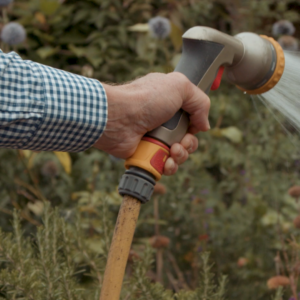
3. Reduced Carbon Footprint
By reducing the amount of mains water used, rainwater harvesting also reduces the energy required to treat and transport water. This in turn reduces the homeowner’s carbon footprint, contributing to broader efforts to combat climate change.
4. Drought Resilience
With the risk of summer droughts increasing due to climate change, homes equipped with rainwater harvesting systems are more resilient. Homeowners can store water during rainy periods and use it during dry spells, ensuring that their gardens stay lush and green even when water restrictions are in place.
Rainwater Harvesting: A Necessity for the Future of UK Homes
The importance of rainwater harvesting in sustainable home design cannot be overstated. As the UK faces growing challenges related to water scarcity, stricter planning regulations, and increased risk of flooding, rainwater harvesting systems provide a practical, cost-effective solution.
By reducing reliance on mains water, helping to meet sustainability standards, and contributing to flood prevention efforts, rainwater harvesting is no longer just a “want” for UK homes—it’s a necessity. Homeowners, developers, and architects alike should consider integrating these systems into their designs to future-proof homes against the challenges of tomorrow.

Conclusion: Why Rainwater Harvesting is Essential for Every UK Home
Rainwater harvesting offers a range of benefits, from cutting water bills and enhancing property value to reducing surface water flooding and meeting UK planning regulations. As water challenges become more pronounced in the UK, installing rainwater harvesting systems is a proactive step toward creating sustainable, resilient homes.
Whether you’re a homeowner looking to save on water costs, a developer seeking to meet sustainability targets, or a landscape architect aiming to reduce flood risks, rainwater harvesting is a smart, essential investment for the future. Make the switch today and contribute to a more sustainable, water-efficient UK.

